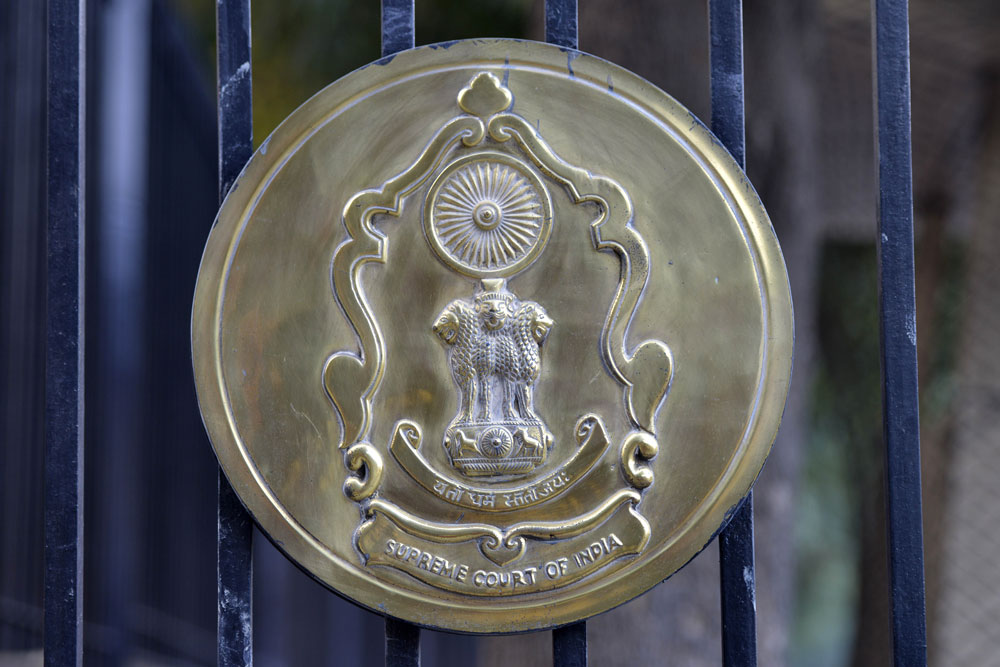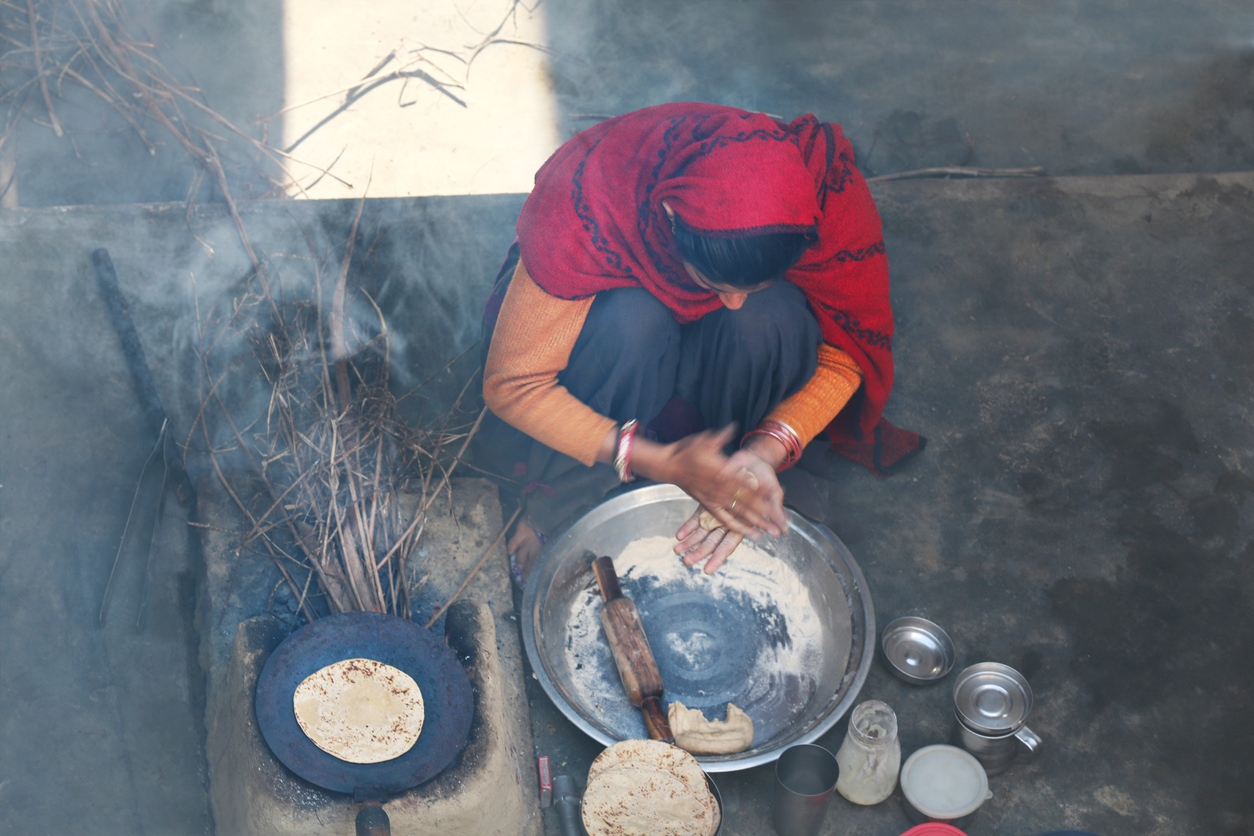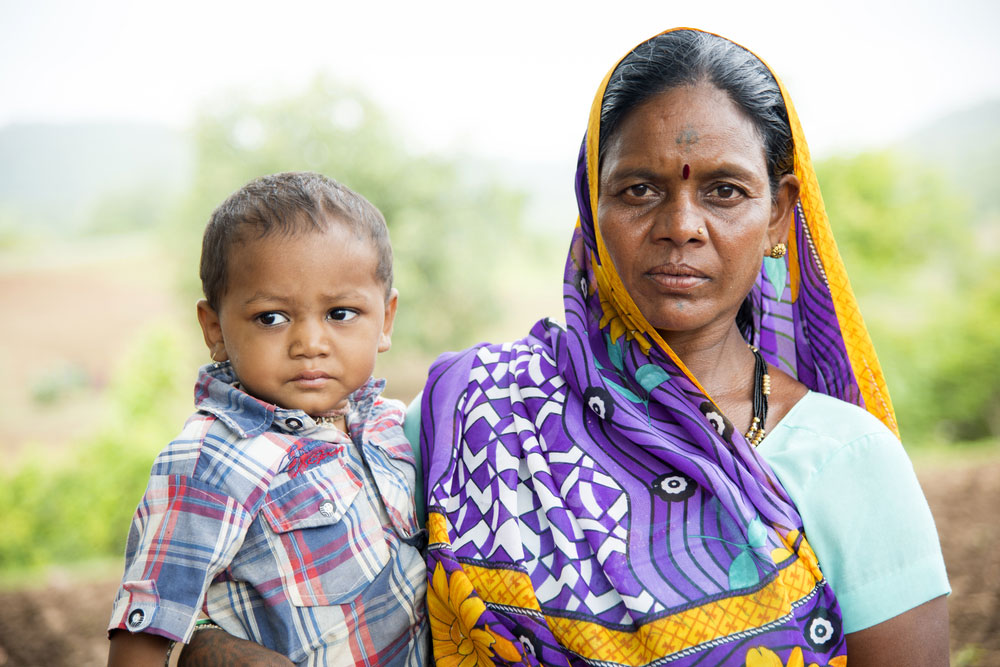The Supreme Court on Monday hinted it might refer to a Constitution bench the 10 per cent quota for the economically weak among the upper castes but refused to stay the government’s decision and the amendment that followed in January this year.
A bench of Chief Justice Ranjan Gogoi and Justices Deepak Gupta and Sanjiv Khanna told senior advocate Rajeev Dhavan the matter would be heard again on March 28 to consider whether the batch of petitions that have challenged the move should be referred to a Constitution bench.
That was after Dhavan, who was appearing for some petitioners, said the amendment had violated several earlier court rulings, including the M. Nagraj judgment. The 2006 judgment had set a 50 per cent ceiling on reservations.
The Constitution (103rd Amendment) Act, 2019 — piloted swiftly through both Houses of Parliament and passed with little debate — essentially inserted Articles 15(6) and 16(6) to provide for 10 per cent reservation to the economically weak among the general category.
While many had interpreted the NDA government’s move as an election-year sop, the quota is still to be implemented.
On Monday, at least one petitioner made an oral request to the court to stay the amendment. But the court refused.
It means the economic quota is still in operation but the government might run into legal hurdles if it tries to enforce it, now that the model code of conduct for the April-May elections has already kicked in.
Earlier, on January 25, the court had issued notice to the Centre on the batch of petitions that the NGO Youth for Equality, Congress activist Tehseen Poonawalla and others had filed.
When the matter came up on Monday, the Centre, through advocate Col K. Balasubrmanyam, sought time to file its counter-affidavit. The court allowed the Centre’s request and adjourned the matter to March 28.
The petitioners have contended that the amendment, which also mandates reservations for the economically weak even in private, unaided institutions, amounts to a “manifest and obvious violation of the Constitution (and) ought to be prevented”.
In the Indira Sawhney versus Union of India case of 1992, the nine-judge constitution bench, they said, had specifically stated that economic criterion could not be the sole basis for reservations.
A “backward class cannot be determined only and exclusively with reference to economic criterion”, the court had said then.
“It may be a consideration or basis along with and in addition to social backwardness, but it can never be the sole criterion.”
The petitioners said Parliament chose to pass the amendment despite the 1992 judgment. “Such an amendment is, hence, vulnerable and ought to be struck down as it merely negates a binding judgment.”
The petitioners recalled that in 2006, in the M. Nagraj versus Union of India case, a constitution bench had reiterated the “ceiling-limit of 50 per cent” reservation.
The Scheduled Castes, Scheduled Tribes and the Other Backward Classes now together account for 49.5 per cent reservation.
The petitioners have also cited the example of another constitution bench judgment — in the T.M.A. Pai Foundation case of 2002.
That bench, the petitioners said, had made it clear the state’s reservation policy could not be imposed on unaided educational institutions, as they did not receive any help from the government, and such institutions could follow their own admission policies provided they were fair, transparent and non-exploitative.












